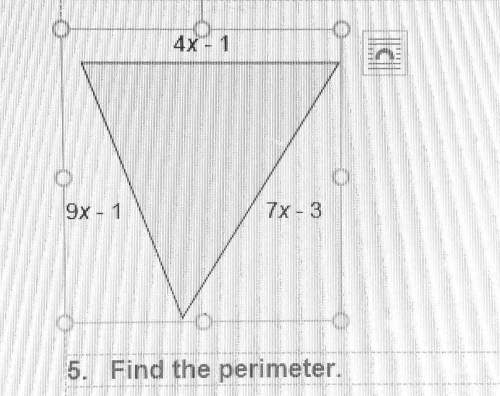
Mathematics, 23.07.2019 18:00 timttimtim
Jason keeps a record of his transactions in a notebook. looking over his records for the past two weeks, jason finds that his bank statement does not match his notebook, and he actually has less money than he thought he did. these are the relevant entries in jason’s notebook: transaction debit ($) credit ($) beginning balance. 578.65 rent 275.60 paycheck 363.20 charitable donation 20.00 keyboard 63.29 refund on purchase 21.19 groceries 44.08 microwave 68.74 ending balance 491.33 however, jason’s bank statement says that his ending balance is $473.33. which of the following is a possible explanation for the discrepancy? a. jason actually made two $20 charitable donations but forgot to write one of them down. b. jason listed the refund as a credit, but it should be a debit. c. jason listed the groceries out of habit, but he did not actually purchase them this week. d. jason transposed the digits on the microwave’s price, which actually cost $86.74.

Answers: 2


Another question on Mathematics

Mathematics, 20.06.2019 18:04
Bryce drove 200 miles to his grandparents house this is 50 miles more than three times the distance to aunt lance a house what is the distance to hisaunt lance house?
Answers: 1

Mathematics, 21.06.2019 23:00
In trapezoid abcd, ac is a diagonal and ∠abc≅∠acd. find ac if the lengths of the bases bc and ad are 12m and 27m respectively.
Answers: 3

Mathematics, 21.06.2019 23:30
Aprisoner is trapped in a cell containing three doors. the first door leads to a tunnel that returns him to his cell after two days of travel. the second leads to a tunnel that returns him to his cell after three days of travel. the third door leads immediately to freedom. (a) assuming that the prisoner will always select doors 1, 2 and 3 with probabili- ties 0.5,0.3,0.2 (respectively), what is the expected number of days until he reaches freedom? (b) assuming that the prisoner is always equally likely to choose among those doors that he has not used, what is the expected number of days until he reaches freedom? (in this version, if the prisoner initially tries door 1, for example, then when he returns to the cell, he will now select only from doors 2 and 3.) (c) for parts (a) and (b), find the variance of the number of days until the prisoner reaches freedom. hint for part (b): define ni to be the number of additional days the prisoner spends after initially choosing door i and returning to his cell.
Answers: 1

Mathematics, 21.06.2019 23:30
Petes dog weighed 30 pounds it then lost 16% of it's weight how much did pete lose
Answers: 2
You know the right answer?
Jason keeps a record of his transactions in a notebook. looking over his records for the past two we...
Questions

Mathematics, 30.10.2020 04:00

Mathematics, 30.10.2020 04:00



Chemistry, 30.10.2020 04:00



Social Studies, 30.10.2020 04:00



Biology, 30.10.2020 04:00

Mathematics, 30.10.2020 04:00



Mathematics, 30.10.2020 04:00

History, 30.10.2020 04:00

Mathematics, 30.10.2020 04:00






